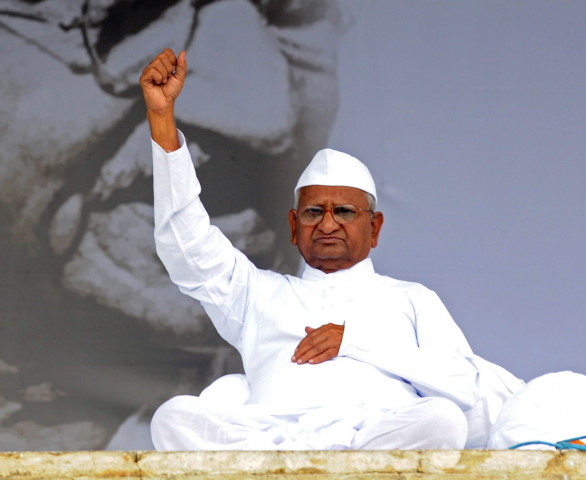Corruption in India
It looks like the much-talked about Jan Lokpal bill may fail at the final hurdle.

Many of the bill’s provisions have come under intense criticism by parties across the political spectrum. The main complaint about the bill is that it gives far too much power to unaccountable ombudsmen and thus, is undemocratic. Some also feel that the bill is unconstitutional, since it gives the ombudsmen quasi-judicial powers and so, even if it passes in parliament, could be struck down by the courts. Of course, public sentiment in India seems to think otherwise, with Mr Hazare gaining saint-like status among many ordinary Indians who see the Congress-led government as one riddled with corruption and mismanagement. Of course, opposition parties have also exploited this matter for their own ends and the wall-to-wall media coverage of Mr Hazare’s hunger strike did not help the government either.
The government has also been accused of watering down Mr Hazare’s demands. He wanted that all government functionaries should be made answerable to the jurisdiction of the ombudsmen — but that would clearly put too much power in their hands. This could also create a parallel system of accountability to rival that of the courts and parliament. Furthermore, the judiciary remains exempt in the government’s bill as does the office of the prime minister. The argument here is that the judiciary has a self-governing system, but critics say that this doesn’t work well since an institution, no matter how clean, should not be given the task of investigating itself.
Published in The Express Tribune, December 30th, 2011.















COMMENTS
Comments are moderated and generally will be posted if they are on-topic and not abusive.
For more information, please see our Comments FAQ